Shakopee Mdewakanton Sioux Community
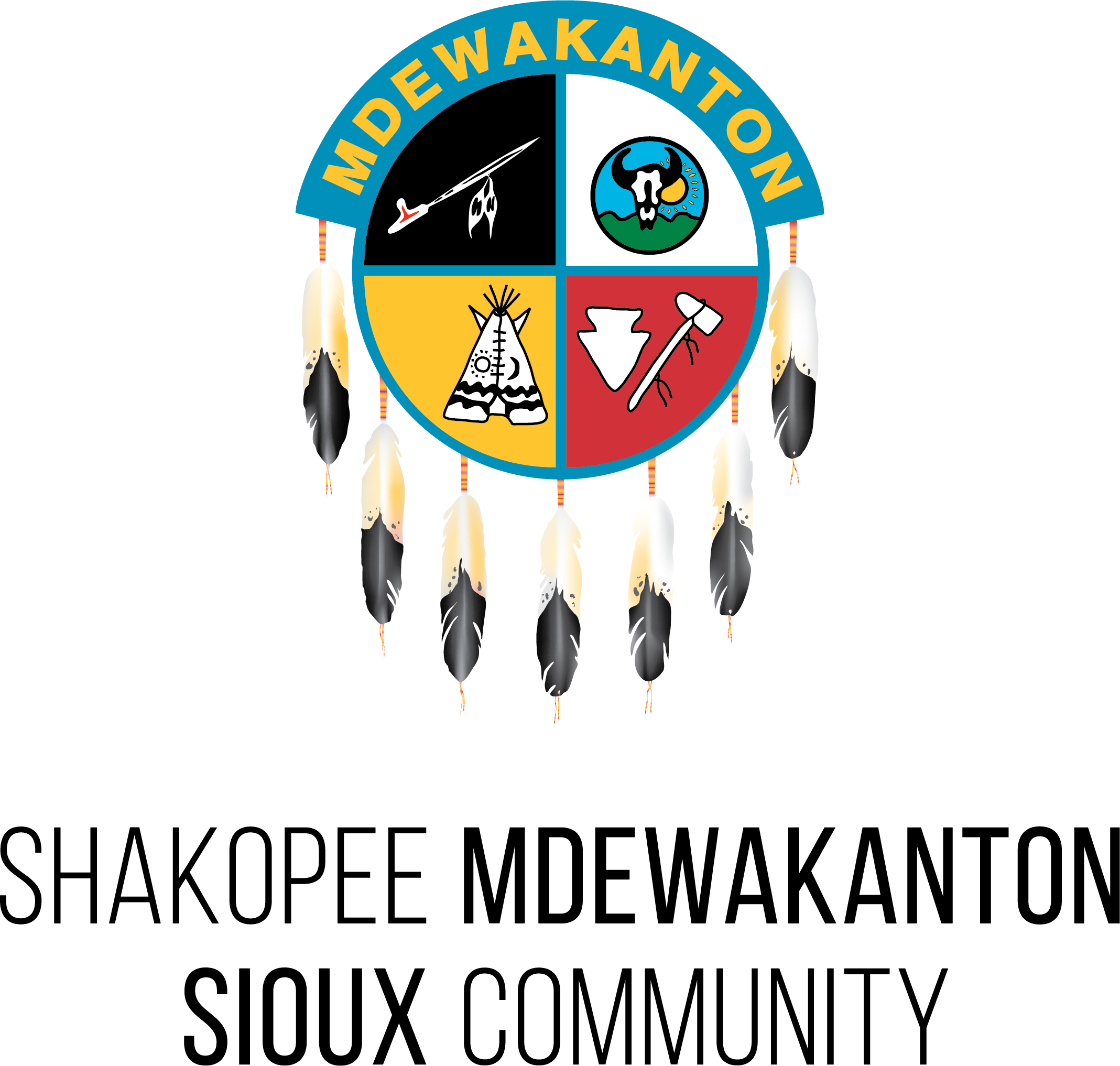
The Shakopee Mdewakanton Sioux Community (SMSC) committed $11 million to improve the nutrition of Native Americans through its Seeds of Native Health campaign. The SMSC is a federally recognized, sovereign Dakota tribe located southwest of Minneapolis, Minnesota.
The SMSC has a deep-seated tradition of helping other tribes and Native American people. This campaign represents a new extension of its long history of philanthropy, by committing a portion of its annual charitable giving to a dedicated purpose. Having donated more than $325 million since opening its Gaming Enterprise in the 1990s, as well as loaning more than $500 million to other tribes, the SMSC is the largest philanthropic benefactor for Indian Country nationally and one of the largest charitable givers in Minnesota.
The SMSC hopes the campaign will build on the work already being done to improve Native American nutrition, bring more resources to the table, and ultimately put Indian Country on the path to develop a comprehensive strategy, which does not exist today.
American Diabetes Association

The American Diabetes Association (ADA) is the global authority on diabetes and since 1940 has been committed to its mission to prevent and cure diabetes and to improve the lives of all people affected by diabetes. To tackle this global public health crisis, the ADA drives discovery in research to treat, manage and prevent all types of diabetes, as well as to search for cures; raise voices to the urgency of the diabetes epidemic; and provide support and advocacy for people living with diabetes, those at risk of developing diabetes, and the health care professionals who serve them.
The ADA’s What Can I Eat program has demonstrated early successes in both rural and urban African-American communities. The Shakopee Mdewakanton Sioux Community provided a $225,000 challenge grant to the ADA to adapt the program in culturally appropriate ways for use in Native communities. Pilot programs are planned for six sites across Indian Country. It will involve improving dietary risk factors within the cultural, social, historical and environmental context of daily life in those communities. The ADA will partner with a research university to monitor and evaluate the effectiveness of the program in Native settings. If the program is successful, the program could be expanded across Indian Country.
American Heart Association
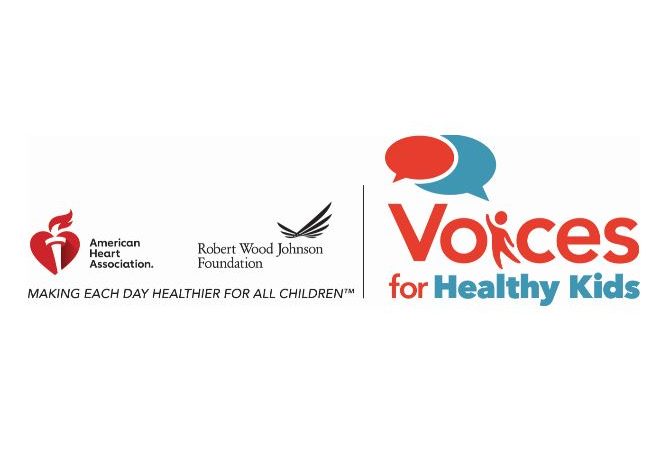
The American Heart Association is the nation’s oldest and largest voluntary organization dedicated to fighting heart disease and stroke. It teams with millions of volunteers to fund innovative research, fight for stronger public health policies and provide lifesaving tools and information to prevent and treat these diseases. Through Voices for Healthy Kids, a joint initiative of the American Heart Association and the Robert Wood Johnson Foundation, the AHA is working with communities across the country to increase access to healthy foods and safe places to be active.
The Shakopee Mdewakanton Sioux Community (SMSC) and the AHA have collaborated together since 2015 to accelerate the development of a national framework to improve Native American nutrition. Together they established the Fertile Ground Campaign, which provided grants, leadership development, and technical assistance, and supports movement-building activities that promote Native-led health advocacy. A central feature of the campaign was a $1.6 million Policy Innovation Fund, the largest pool of funding ever created for grant-making in direct support of Native nutrition and health policy work.
American Indian Cancer Foundation
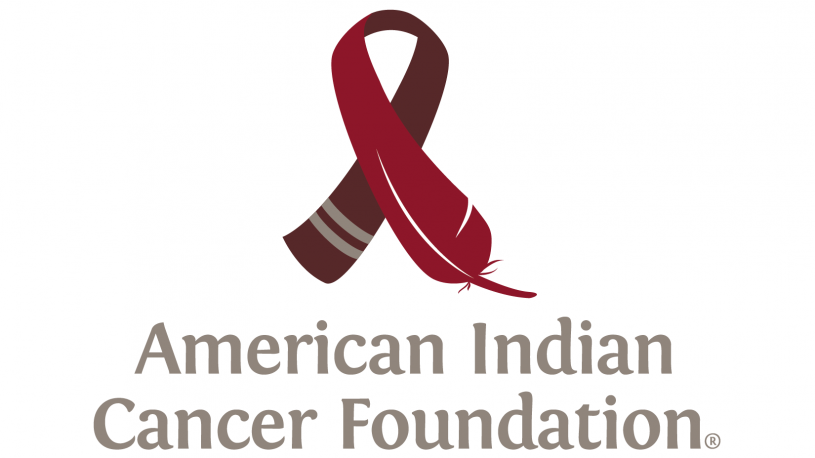
The American Indian Cancer Foundation (AICAF) is a Native-governed nonprofit dedicated to eliminating the burden of cancer for Native Americans by improving access to prevention, early detection, treatment, and survivor support. The health organization partners with tribal and urban community members and health care providers to identify and co-create effective, sustainable cancer solutions.
AICAF partnered with the Shakopee Mdewakanton Sioux Community (SMSC) and American Heart Association (AHA) starting in 2017 on the Fertile Ground Campaign, which provided grants, leadership development, and technical assistance, and supported movement-building activities that promote Native-led health advocacy. AICAF served as the intermediary partner for the campaign’s Fertile Ground Grant Program, administering the program and providing technical assistance to grantees. AICAF also provided technical assistance for the campaign’s Policy Innovation Fund.
AmeriCorps VISTA

AmeriCorps VISTA, operated by the Corporation for National and Community Service, a federal agency, is the national service program established specifically to help alleviate poverty. Founded as Volunteers in Service to America in 1965 as the domestic version of the Peace Corps, VISTA taps the skills, talents and passion of more than 8,000 Americans annually to build the capacity of nonprofit organizations or local government agencies to carry out programs that tackle poverty.
The Shakopee Mdewakanton Sioux Community partnered with the Corporation for National and Community Service and the Indigenous Food and Agriculture Initiative to create a cadre of “Native Food Sovereignty Fellows.” The 21 initial fellows will be AmeriCorps VISTA volunteers working in teams in 10 low-resource Native American communities to establish and stabilize food sovereignty efforts, food systems, and tribal economies that build economic opportunities around food and agriculture. The SMSC provided a $200,000 gift to fund the cost-share for VISTA members’ living allowance in the first year of the program. This represented the first time in VISTA’s 52-year history in which a tribe provided funding to deploy VISTA members nationally.
Casey Family Programs
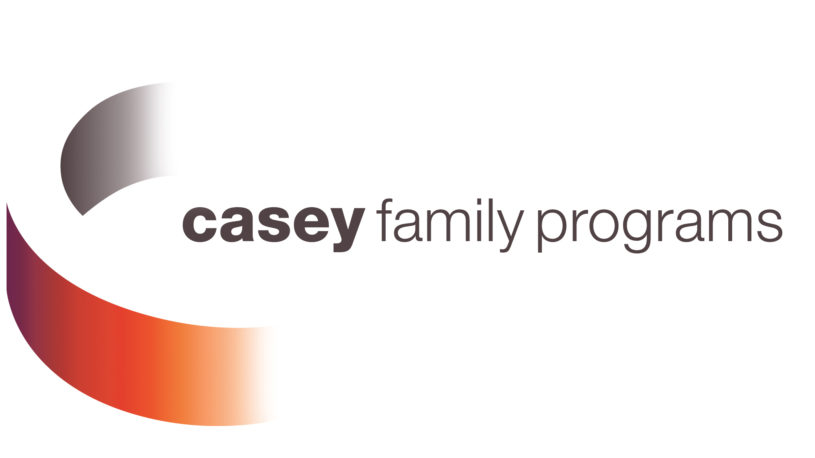
Casey Family Programs is the nation’s largest operating foundation focused on safely reducing the need for foster care and supporting communities for children and families across the country. Founded in 1966, the foundation collaborates with communities at local, state, tribal and national levels to nurture the safety and success of every child.
Casey Family Foundations contributed $20,000 to the Healthy Children Healthy Nations Fund, established by Seeds of Native Health and Better Way Foundation. This collaborative fund was the first donor-advised fund dedicated to supporting the innovation and expansion of early childhood development and childhood nutrition programs in Minnesota’s Native communities. The fund awarded grants to tribal governments and Native nonprofits in Minnesota for promising models, capacity building, knowledge sharing and effective programming to help Native children thrive in reservation and urban settings.
Better Way Foundation
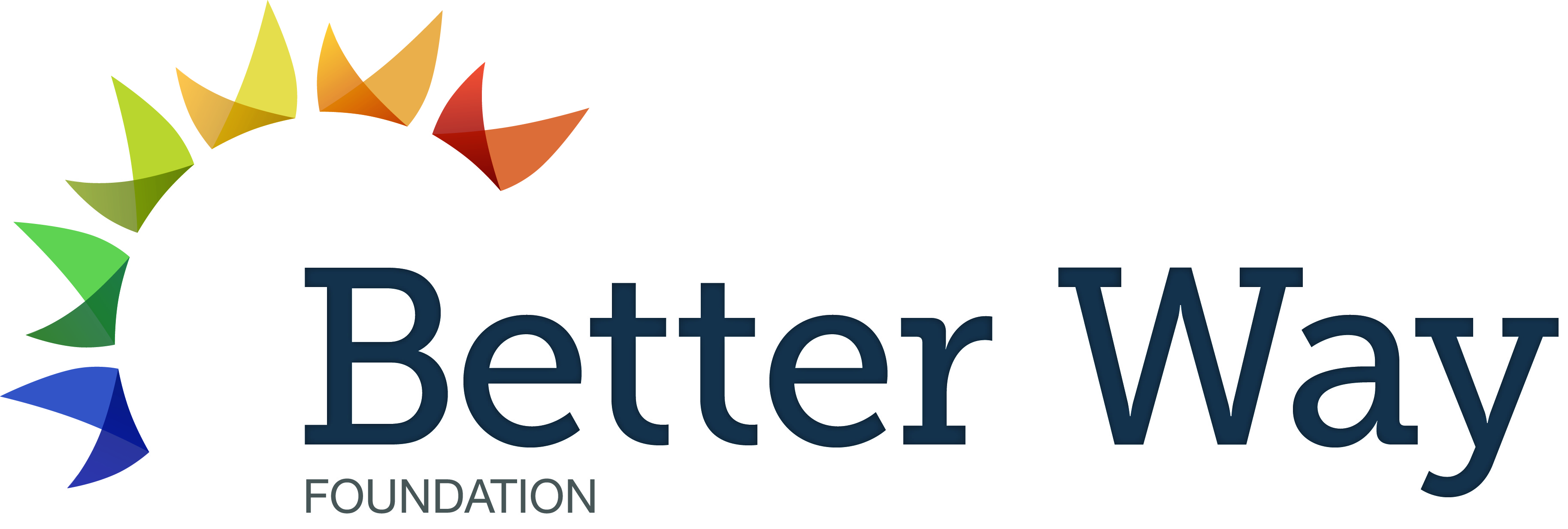
Better Way Foundation, a family foundation rooted in catholic social values, invests in systemic, holistic and evidence-based approaches that support the positive development of all children. It helps others create healthy, sustainable, supportive environments where children can properly develop, learn and thrive. The foundation’s partners are finding a better way to build a future where child well-being contributes to strong families and communities.
Better Way Foundation and the Seeds of Native Health campaign each committed up to $85,000 to fund the development of a strategic plan to improve early childhood development (ECD) and childhood nutrition in Minnesota’s Native communities. The plan identified best practices and promising models; determined critical needs in Native communities around these issues; and built consensus around strategies and funding recommendations to improve the well-being of Minnesota’s Native children and future generations. This project resulted in producing an action plan in late 2017 to strengthen Native ECD and childhood nutrition efforts in Minnesota.
Center for Indian Country Development at the Federal Reserve Bank of Minneapolis

The Federal Reserve Bank of Minneapolis and the 11 other Federal Reserve Banks serve specific regions of the country foster the stability, integrity and efficiency of the nation’s monetary, financial and payments systems to promote optimal economic performance and maintain public confidence. The Minneapolis Fed’s Center for Indian Country Development (CICD) encourages attainment of economic development goals for self-governing communities of American Indians in the United States. It provides energy and coordination to Indian Country development initiatives across the Federal Reserve System and takes a lead role in forging Federal Reserve partnerships with other national and regional organizations.
The CICD served as an academic research and convening partner in Seeds of Native Health’s Healthy Children, Healthy Nations initiative with the Better Way Foundation.
First Nations Development Institute
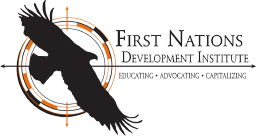
A 35-year-old economic justice organization, First Nations Development Institute is the only Native American-controlled nonprofit dedicated to asset-based, sustainable development. First Nations is committed to building healthy economies in Indian Country based on a strategy that puts Native American communities in control of their assets. It supports comprehensive initiatives that translate assets into jobs, health, education and more.
Founded in 1980, First Nations began its national grantmaking program in 1993. Through 2014, it has successfully managed 974 grants totaling $22.2 million to Native American projects and organizations in 37 states, the District of Columbia, and U.S. Territory American Samoa.
In 2002 First Nations launched the Native Agriculture and Food Systems Initiative (NAFSI), which strengthens Native American food systems in an effort to eliminate food insecurity, build the health of communities and support entrepreneurship and economic development.
In the initial stage of the campaign, First Nations received $1.4 million from the Shakopee Mdewakanton Sioux Community for re-granting to projects relating to food access, food sovereignty, and community capacity building. The nonprofit was also a partner on the Fertile Ground Campaign, which provided grants, leadership development, and technical assistance, and supported movement-building activities that promote Native-led health advocacy. First Nations administered grant-making for the campaign’s Policy Innovation Fund, the largest pool of funding ever created for grant-making in direct support of Native nutrition and health policy work.
Johns Hokpins University Center for American Indian Health
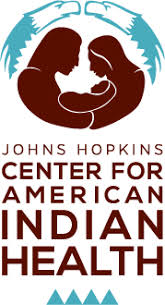
Established in 1991 and based at the Johns Hopkins Bloomberg School of Public Health, the Center for American Indian Health (CAIH) works in partnership with tribes to raise their health status and health leadership to the highest possible level. The center’s innovative programs are now reaching more than 100 tribal communities across the country, addressing critical issues such as obesity, suicide, substance abuse, HIV/AIDS, early childhood development, educational attainment, and access to healthy food.
CAIH implemented Healthy Futures, a comprehensive pilot program designed to significantly improve health and nutrition in tribal communities. The collaboration included a $250,000 grant from the SMSC through its Seeds of Native Health philanthropic campaign to improve Native American nutrition; a $150,000 grant from the Walmart Foundation; and support from the Michael and Ellen Kullman family.
MAZON: A Jewish Response to Hunger
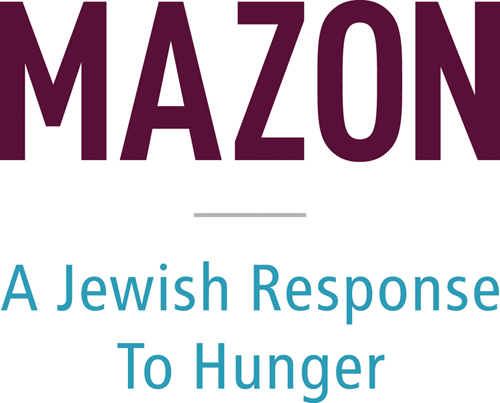
Founded in 1985, MAZON: A Jewish Response to Hunger is a national nonprofit organization working to end hunger in the United States and Israel. Through its three interrelated strategies – advocacy and education, partnership grant making and strategic initiatives – MAZON is acting to ensure that hungry people have access to the nutritious food they need today and working to develop and advance long-term solutions so that no one goes hungry tomorrow. MAZON’s Rural and Remote Initiative is committed to reducing hunger and increasing access to nutritious food in rural and Native American communities throughout the U.S.
The Shakopee Mdewakanton Sioux Community and MAZON jointly funded the Indigenous Food and Agriculture Initiative’s model tribal food code project. This was an unprecedented coalition that brought together a prominent university, Native American tribe, and national Jewish nonprofit to advance an innovative solution to a systemic national problem.
Notah Begay III Foundation
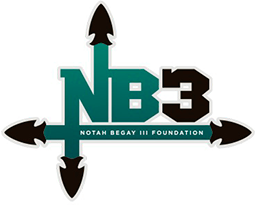
The Notah Begay III Foundation (NB3F) is the only national, Native American-led nonprofit organization dedicated solely to the issue of childhood obesity and type 2 diabetes prevention for Native American children. Since 2009 the nonprofit has served 24,000 Native American children and families in 13 states by investing more than $7.5 million in the development of evidence-based and model sports, nutrition, health and wellness programs, food access pilots, and research. Additionally, NB3F has provided more than $1.8 million in grants to support obesity and diabetes prevention for Native American youth in 13 states.
As a part of the campaign, NB3F received $1.1 million from the SMSC to provide grants that increased access to healthy food and nutrition education among Native American youth.
University of Arkansas School of Law's Indigenous Food and Agriculture Initiative

The University of Arkansas School of Law’s Indigenous Food and Agriculture Initiative is the first of its kind nationally, focusing on enhancing food, agriculture, health and wellness, and business and economic development; youth and professional education in food and agriculture; strategic planning and technical assistance, research and publications in the areas of health, nutrition policy, traditional knowledge; financial markets and asset management; and tribal governance, law and policy.
Seeds of Native Health supported a landmark project to develop a long-needed, comprehensive set of model food and agriculture codes to be customized and adopted by tribal nations. The Shakopee Mdewakanton Sioux Community’s leading gift of $250,000 through Seeds of Native Health and MAZON: A Jewish Response to Hunger’s gift of $50,000 through its Rural and Remote Initiative supported the first phase of an anticipated three-year project.
University of Minnesota

The University of Minnesota is one of the top research and educational institutions in the country, with extensive competencies in agriculture, food science, public health, nutrition, and Native American culture. The university and the SMSC have had a deep relationship for more than two decades.
The university has served as the convening partner for a series of annual conferences on Native American nutrition; developed appropriate cultural interfaces between academic research and its application by Native communities; and created a repository of best practices and national expertise.
